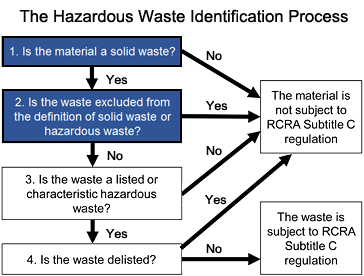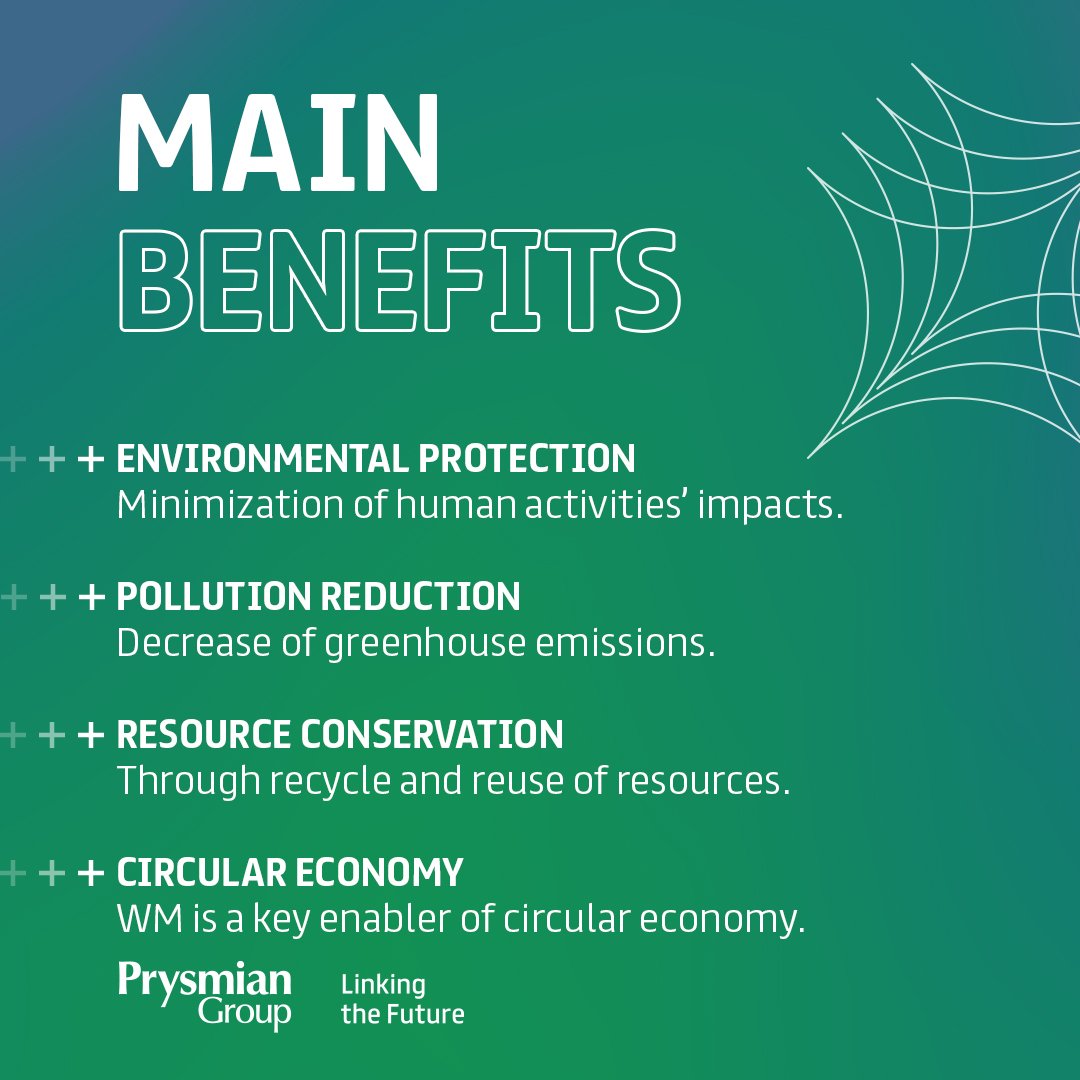Reclaim Waste Fundamentals Explained
Reclaim Waste Fundamentals Explained
Blog Article
The Basic Principles Of Reclaim Waste
Table of ContentsThe 8-Second Trick For Reclaim WasteAll About Reclaim WasteReclaim Waste Things To Know Before You Get This6 Simple Techniques For Reclaim WasteReclaim Waste Can Be Fun For Everyone
Discover the types, occurrences, and forms of liquid waste. Residential sewage waste describes the waste and products from a residential septic storage tank. This kind of waste is produced by people in homes, institutions, and other structures. This only includes septic systems that have a drain area. The appropriate administration and disposal of domestic sewage waste need liquid waste to be transferred to a sewer therapy plant where the proper methods and devices are applied to purify and get rid of waste.
Business waste frequently consists of potential hazards, such as flammable products or a combination of liquid and solid waste items, and calls for an advanced and thorough disposal process. The disposal of commercial waste generally entails the filtration of waste prior to transportation to guarantee risk-free and correct disposal. Hazardous waste is created from by-products and overflow of industrial procedures and manufacturing.
This sort of waste can not make use of the very same sewer monitoring transportation or processes as septic or commercial liquids. The hazardous waste management process requires the assessment and screening of liquid waste prior to it goes through the disposal process (liquid waste disposal). Drainage waste is the fluid waste that originates from overflow and excess stormwater in extremely inhabited areas or cities
Runoff waste can cause contamination and flooding if not handled correctly. Find out more about sewage system cleansing and waste monitoring. Making sure appropriate waste administration can avoid disasters and reduce ecological harm. Both individuals in domestic settings and specialists in industrial or production industries can take advantage of comprehending the processes and regulations of fluid waste administration.
Not known Details About Reclaim Waste
Call PROS Solutions today to learn regarding our waste administration and disposal solutions and the proper methods to care for the fluid waste you produce.
(https://businesslistingplus.com/profile/reclaimwaste1/)Do you recognize what occurs to your water when you end, purge the toilet or drain pipes the washing equipment? No? Well, it deserves knowing. This supposed 'wastewater' is not only an essential resource yet, after treatment, will certainly be released to our land, rivers or the ocean. Made use of water from bathrooms, showers, bathrooms, kitchen area sinks, washings and industrial procedures is referred to as wastewater.

water made use of to cool machinery or tidy plant and equipment). Stormwater, a type of wastewater, is runoff that streams from farming and urban areas such as roof coverings, parks, gardens, roadways, courses and gutters into stormwater drains pipes, after rainfall. Stormwater flows unattended directly to local creeks or rivers, at some point reaching navigate here the ocean.
The smart Trick of Reclaim Waste That Nobody is Discussing
In Queensland, most wastewater is treated at sewage treatment plants. Wastewater is carried from residential or commercial sites with a system of drains and pump stations, called sewerage reticulation, to a sewage treatment plant. Local governments construct, keep and run most sewer treatment plants. Operators are certified under the Environmental Management Act 1994 to discharge treated wastewater at an acceptable ecological criterion right into waterways.
The Division of Natural Resources encourages regional governments concerning handling, operating and maintaining sewage systems and therapy plants. In unsewered areas, city governments might require householders to mount private or household sewer therapy systems to treat residential wastewater from bathrooms, kitchens, bathrooms and washings. The Department of Natural Resources authorises the usage of family systems when they are verified to be effective.
In some new communities, treatment of some stormwater to get rid of litter, sand and crushed rock has begun making use of gross contaminant catches. Wastewater treatment happens in 4 stages: Eliminates strong issue.
Wastewater then moves into big containers where solids work out and are eliminated as sludge. Oil and scum are skimmed from the surface. Makes use of tiny living organisms called micro-organisms to damage down and remove staying liquified wastes and fine particles. Micro-organisms and wastes are included in the sludge. Eliminates nitrogen and phosphorus nutrients that might create algal blooms in our waterways and endanger marine life.
What Does Reclaim Waste Do?
Nutrient removal is not readily available whatsoever sewer treatment plants because it needs costly specialist devices. It is becoming extra usual in Queensland. Clear fluid effluent created after treatment might still have disease-causing micro-organisms. If this effluent is launched right into waterways such as rivers or the sea, the micro-organisms will ultimately die out.

Most wastewater streams into the sewage system. Under the Act, local governments carry out approvals and permits for environmentally pertinent activities (Ages) involving wastewater releases that could have a local influence.
The Basic Principles Of Reclaim Waste
Tracking offers accurate information about water quality and can confirm that licence problems are being fulfilled. The details gotten via tracking offers the basis for making water quality decisions.
Report this page